Since we are very aware that buildings become a part of citiBuildings are constructed to endure. We design our buildings to be healthy places to live or work that will stand the test of time.
We create healthy places
More than ever, what counts is the ability of places to contribute to our quality of life, to reduce our environmental footprint and to actively contribute to a region’s vitality.More than ever, what counts is the ability of places to contribute to our quality of life, to reduce our environmental footprint and to actively contribute to a region’s vitality.
These concerns feed into all our projects and illustrate the desire of our teams to develop built spaces that benefit the users, the community and the environment.
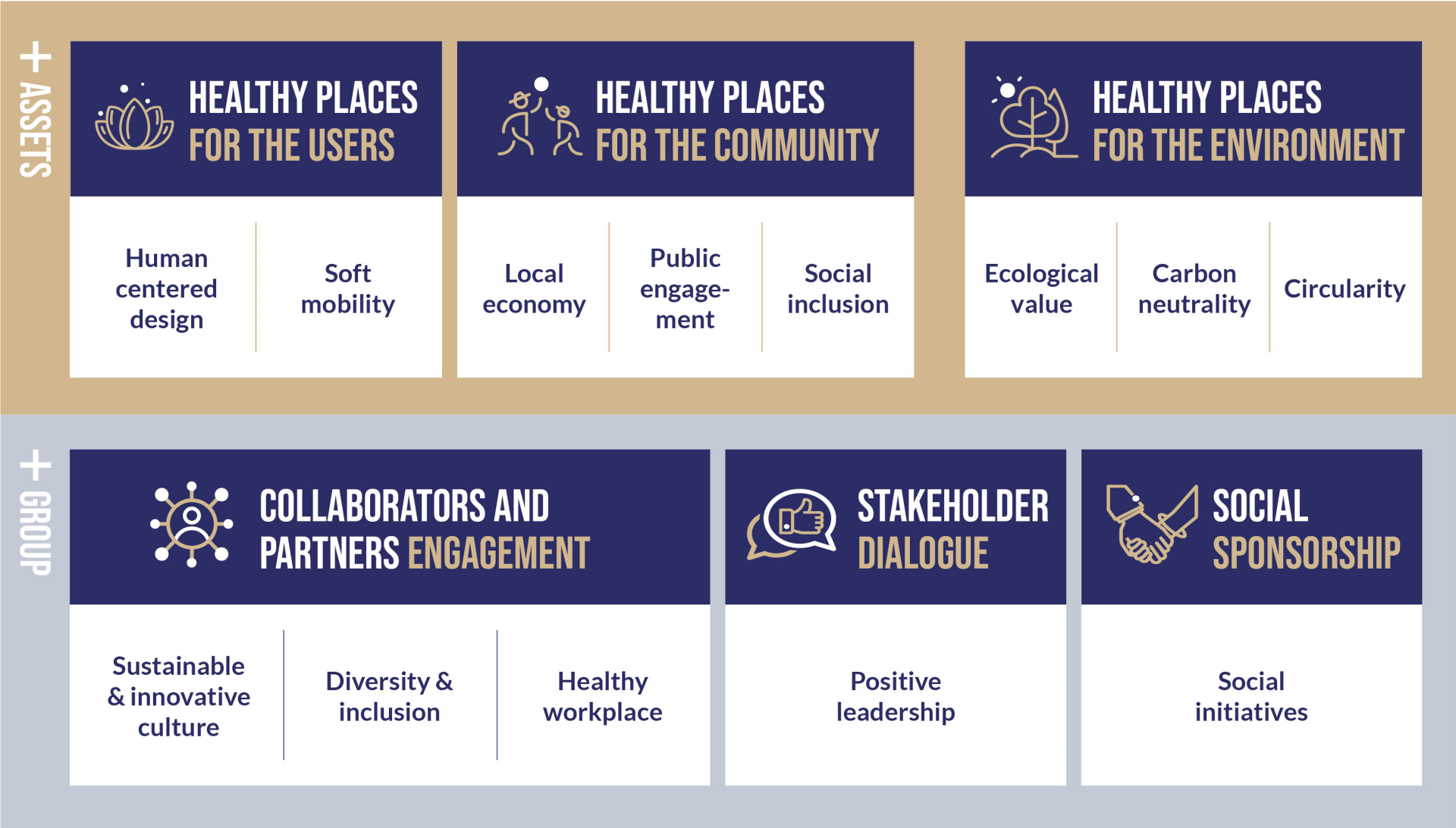
SDG
Our sustainable development goals
We have integrated the United Nations Sustainable Development Goals in our ESG strategy. As a major property developer, Immobel works in the general interest of cities and communities to support them in their ecological and societal transitions (SDG 11 - Sustainable cities and communities).

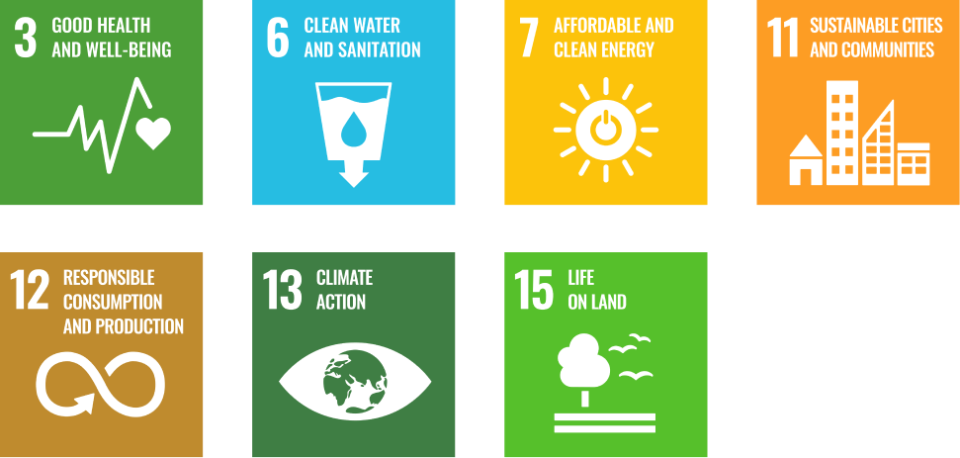
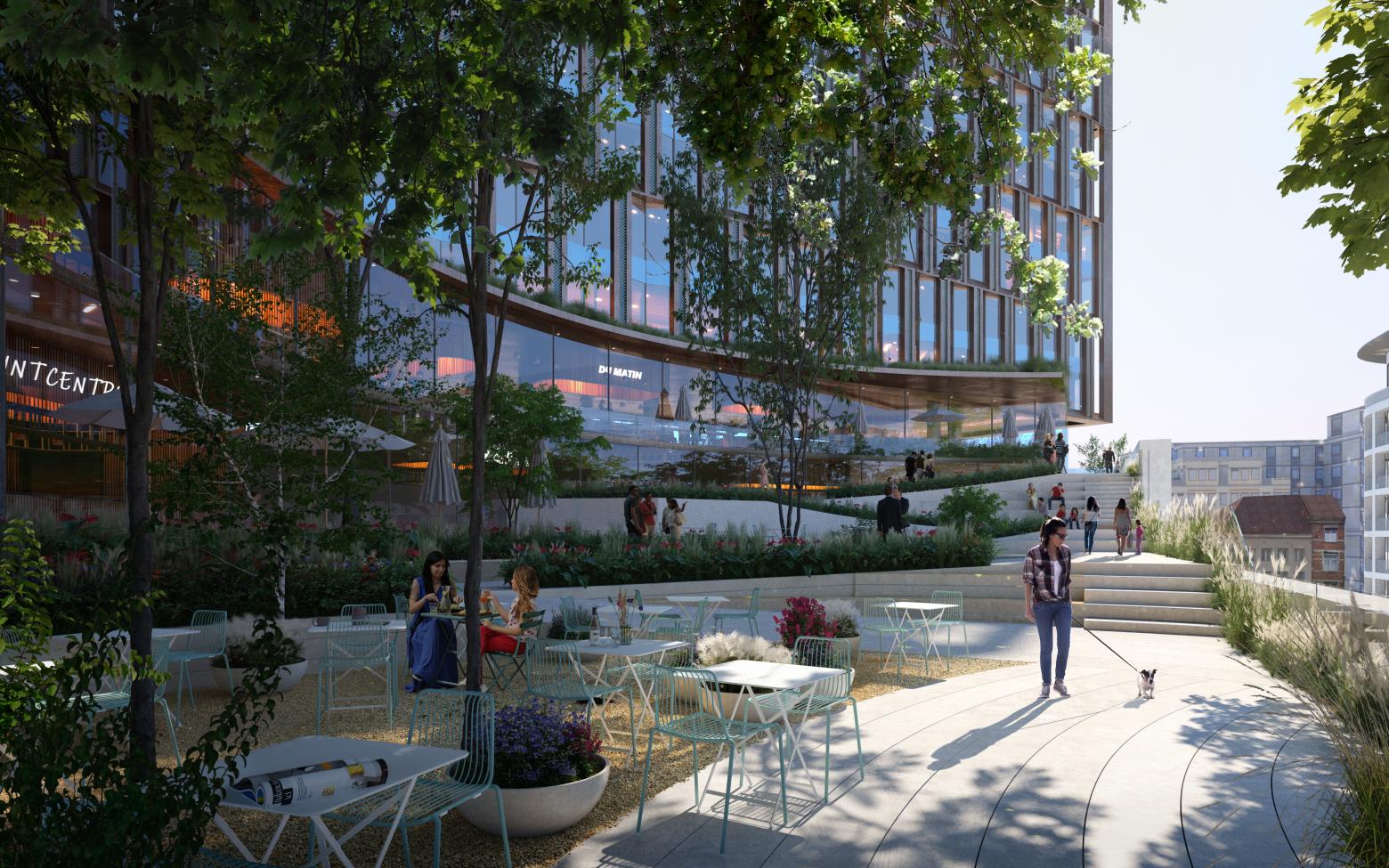
Good health and well-being
Our projects incorporate the growing importance of health and well-being parameters in line with Sustainable Development Goal 3. People want high-quality homes and office spaces, where they can live and work comfortably and healthily. The way we design buildings, spaces and the surrounding neighbourhood should encourage and support sustainable lifestyles.
Sustainable cities and communities
Our business is about more than buildings and housing. It’s about the positive impact we can have on the neighbourhoods we operate in, as highlighted by SDG 11: Sustainable cities and communities.
Immobel believes that residential diversity combined with proximity of services and activities based on community needs leads to a better quality of life. The starting point of our social strategy is to increase neighbourhood diversity at various levels – functional, social, economic, built and cultural – based on stakeholder participation and interests.
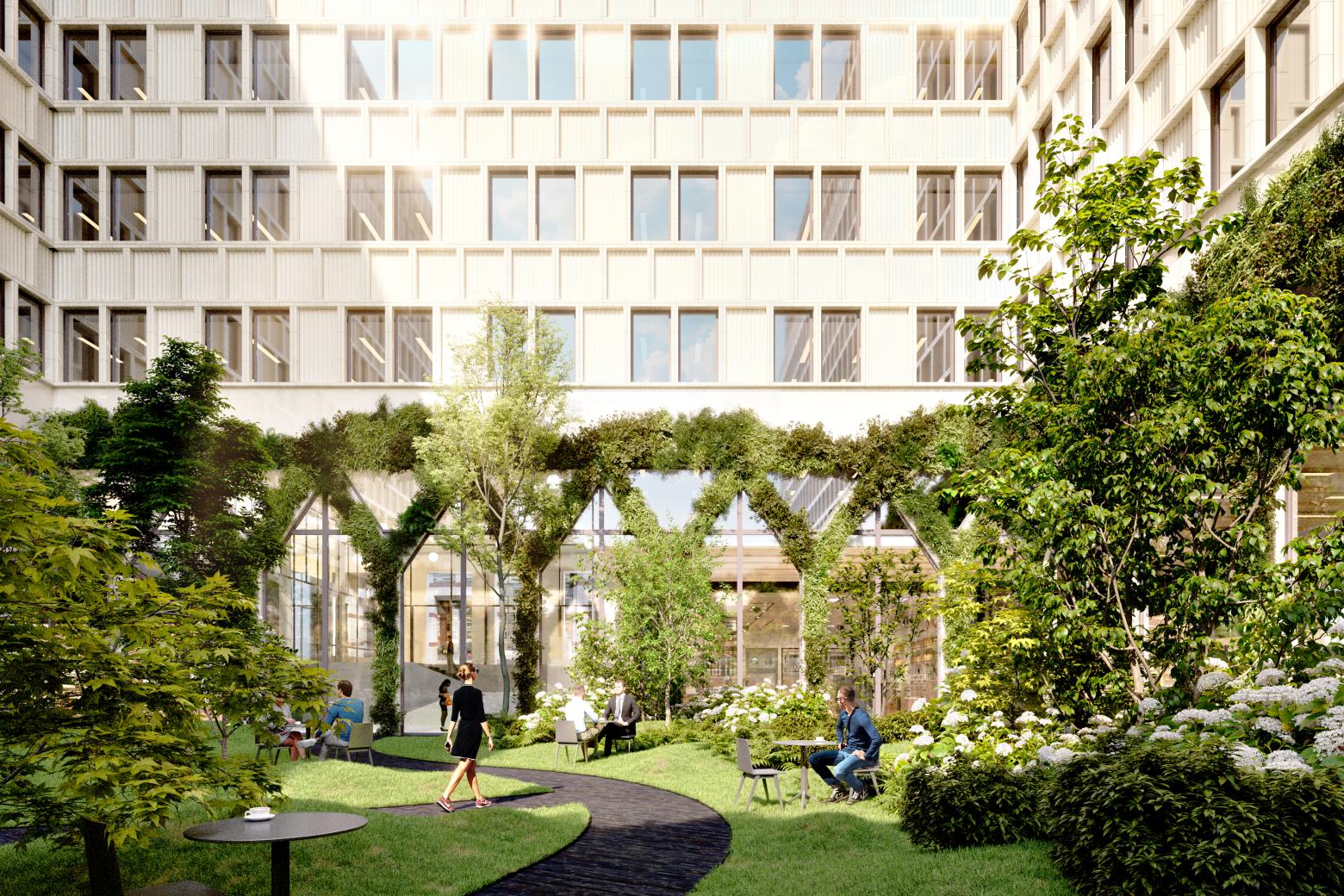
Environmental transition
The continued increase of the build-up area and the urbanization are inducing new ways of thinking about biodiversity. Ecosystems and biodiversity within cities are important, sometimes unique and to be protected and
At Immobel, we want to fulfil a leading role in the environmental transition. We want to reduce our ecological footprint through carbon reduction and mindful consumption of materials, water and energy (SDG 13: Climate action, SDG 12: Resources, SDG 6: Water and SDG 7: Energy).
The solutions we implement to respond to climate change are not limited to “grey” technologies such as renewable energy or material use. We cannot tackle climate change without addressing biodiversity loss (SDG 15). Protecting and restoring ecosystems can help us reduce the extent of climate change and cope with its impact.
These SDGs are where we believe our projects can have a direct impact. At group level, we believe we can have a direct or indirect impact on additional goals: specifically, SDG 17: Partnership, SDG 5: Equality, SDG 3: Well-being, SDG 9: Industry and SDG 4: Education.
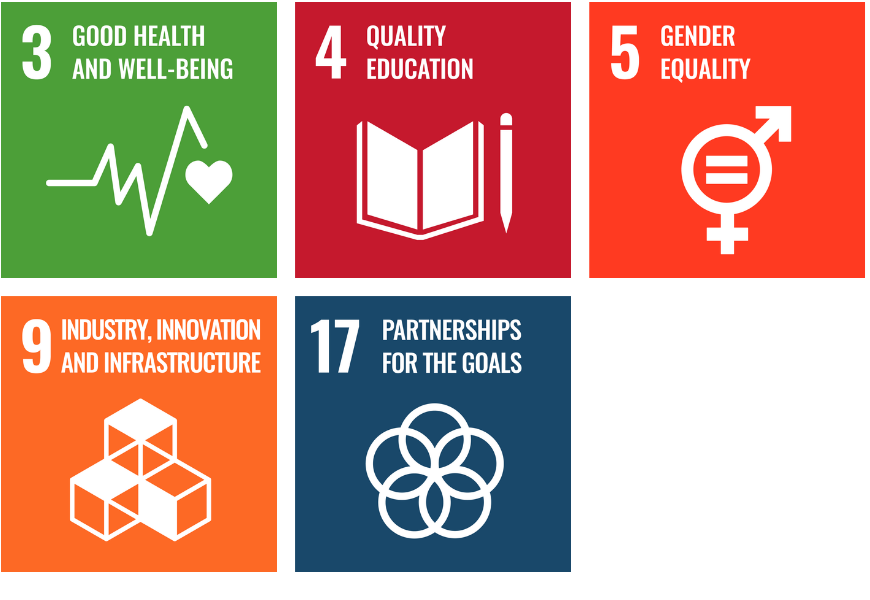
Certifications
Measuring our performance and impact
The Immobel Group will continue to provide transparency on its social and environmental performance through external benchmarking at group level, such as GRESB, combined with an ambitious certification policy on health and environmental topics at asset level.
At the same time, Immobel is pursuing alignment with the demands of the EU Taxonomy and Corporate Sustainability Reporting Directive
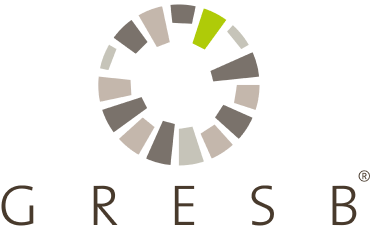
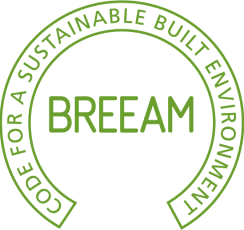

GRESB
GRESB is an international organisation assessing ESG performance and risk management, particularly in the real estate sector. Immobel regularly participates in the GRESB Development Benchmark assessment, and our ambition is to remain in the top 20%.
BREEAM
BREEAM certification is the world’s leading sustainability assessment method for construction projects. Many of our office projects carry the BREEAM Design Stage label and our ambition is to reach Outstanding.
WELL
In office development, we target the WELL Shell and Core Platinum certification. This system promotes health and well-being for the users of a building by evaluating 10 criteria.